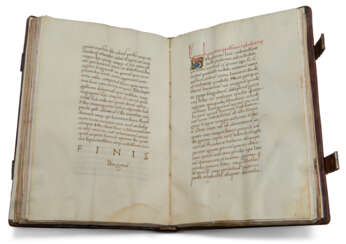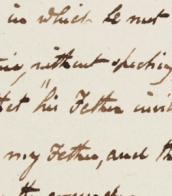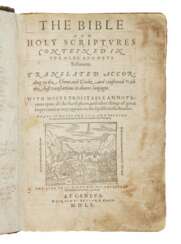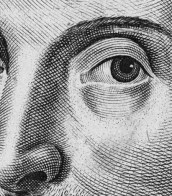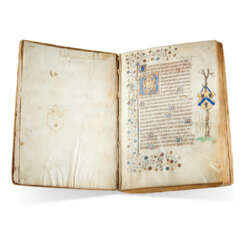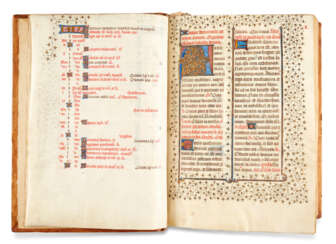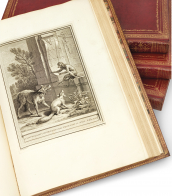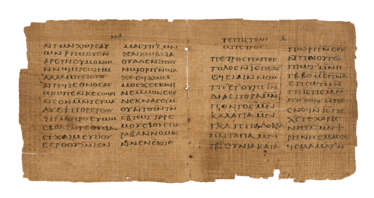translation
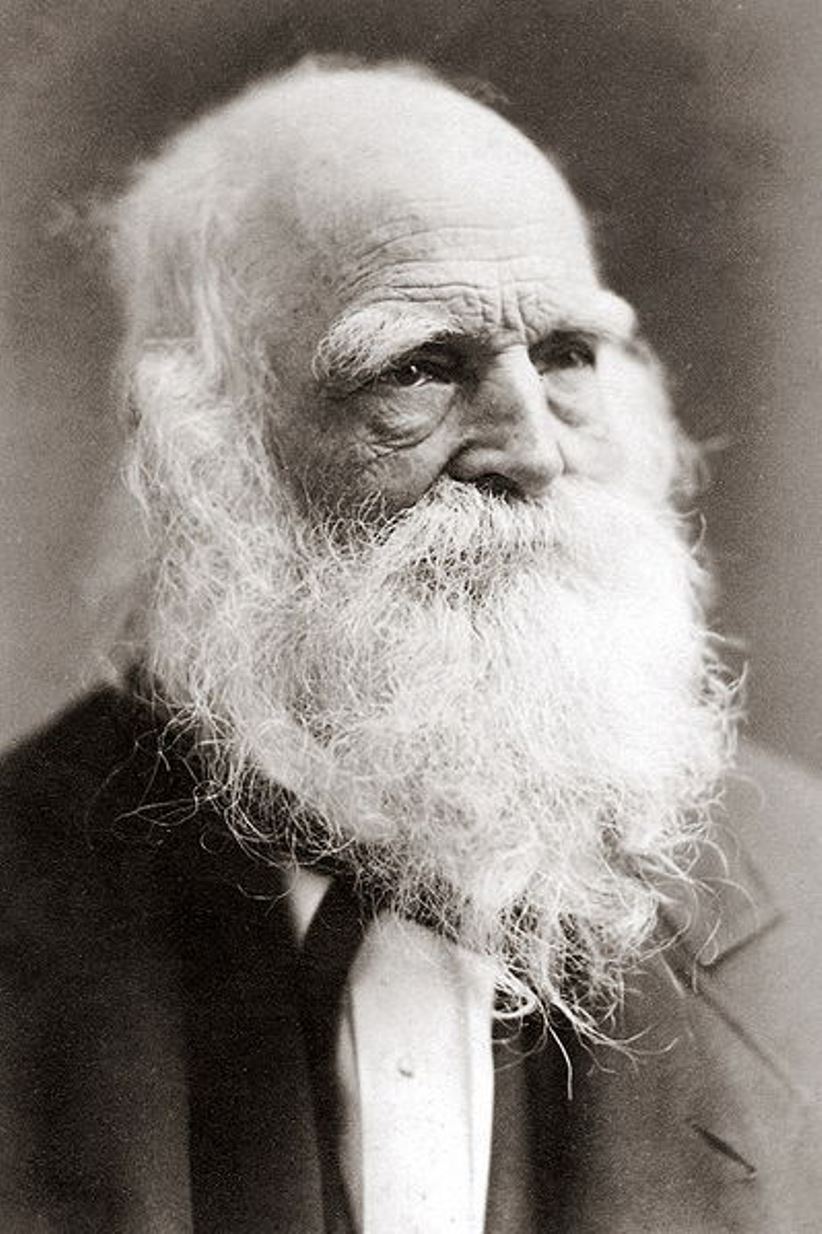
William Cullen Bryant is an American poet, journalist, and editor-in-chief of the New York Post.
He began his education at Williams College, then studied law and worked as a lawyer, but a very different fate awaited him. In 1825, he moved to New York City and became co-editor of the New York Review. In 1827 he became editor of the New York Evening Post, and in 1829 he became its editor-in-chief and co-owner.
Bryant remained in this position until his death, for 50 years. He made the Post a voice for free trade, workers' rights, free speech, and abolition of the death penalty, and he was a founding member of the Republican Party.
Bryant wrote poetry from his early youth and announced himself by publishing a book of Poems (1821). His main theme was nature, and his best-known poems are "Thanatopsis" and "To a Waterfowl." In later years he devoted much time to translations and was an active patron of art and literature.
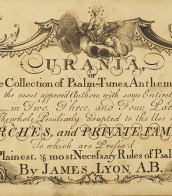
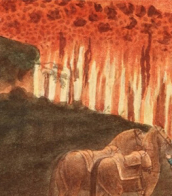
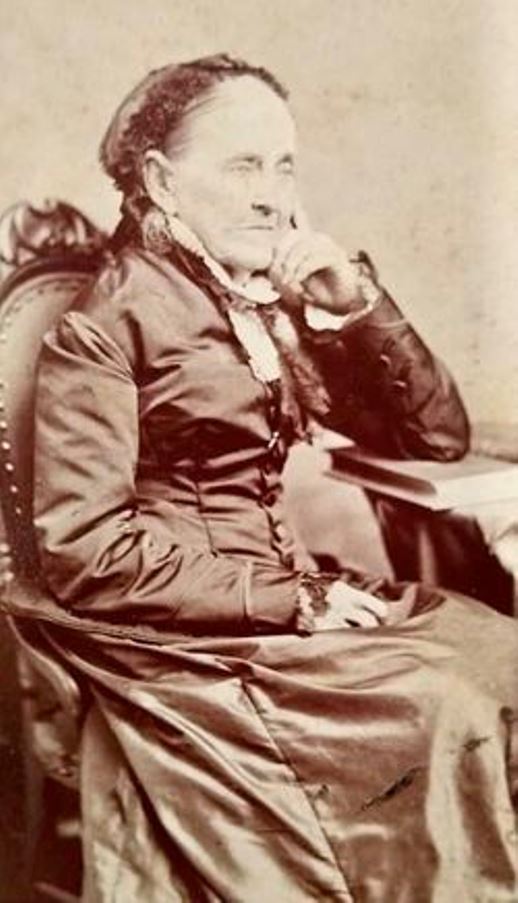
Julia Evelina Smith was an American translator and linguist and suffragist.
Julia Smith grew up on a wealthy farm in Connecticut with four sisters who were active in favor of women's education, abolition, and suffrage. Julia began studying biblical Greek in 1843, as well as Latin and Hebrew, to make a literal translation of the Bible and to clarify the predictions of Christ's resurrection in 1844. After reading the Bible in its original languages, she set about creating her own translation, which she completed in 1855.
The work is a strictly literal translation: a Greek or Hebrew word is always translated by the same word wherever possible. It was not until 21 years later, in 1876, that Julia Smith finally achieved publication at her own expense. This edition was the first complete translation of the Bible by a woman. By the time she was 84 years old, Julia Smith was still successful as a linguist and also as an activist for women's suffrage.

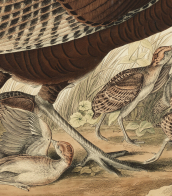
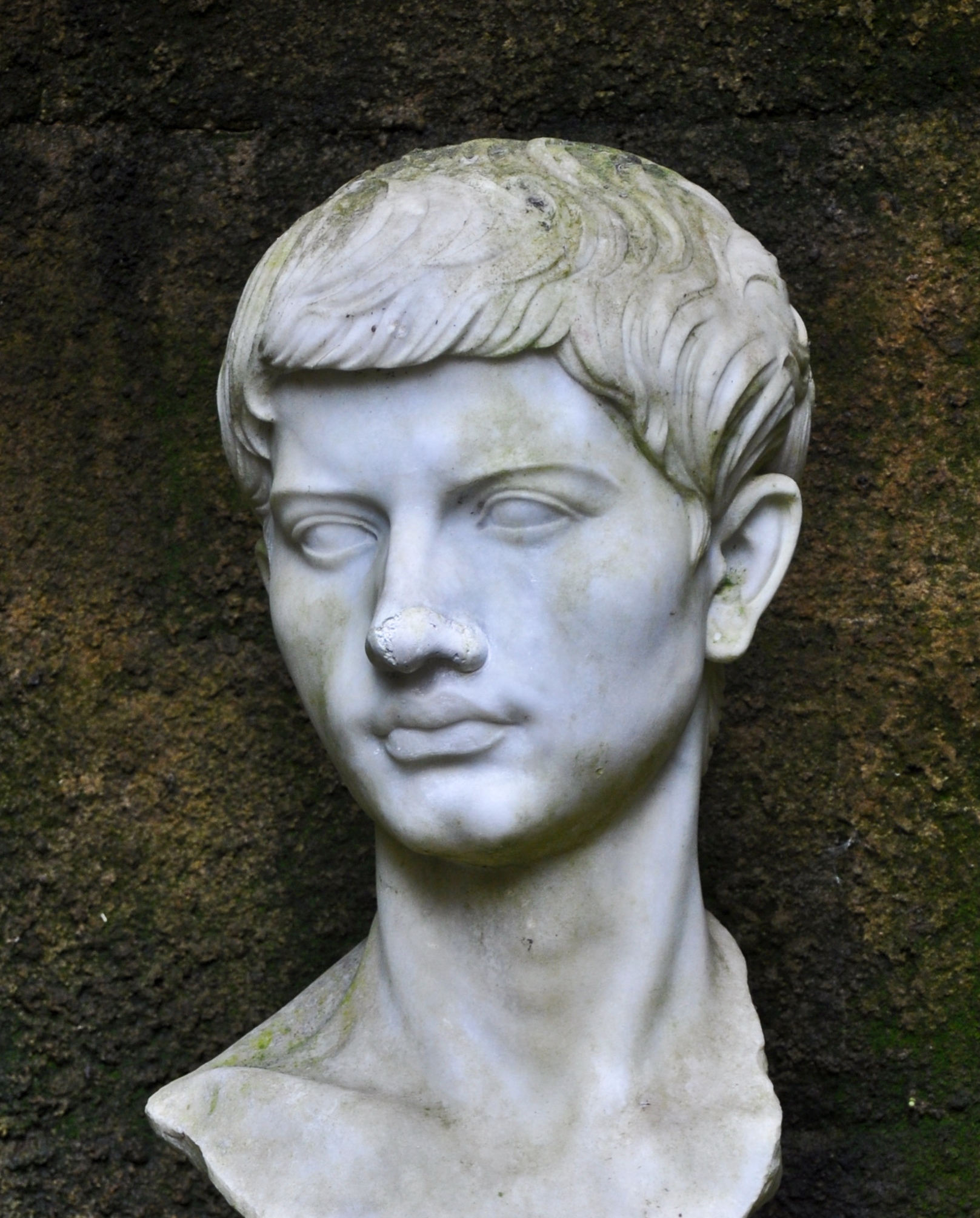
Publius Vergilius Maro, usually called Virgil or Vergil, was an ancient Roman poet of the Augustan period. He composed three of the most famous poems in Latin literature: the Eclogues (or Bucolics), the Georgics, and the epic Aeneid. A number of minor poems, collected in the Appendix Vergiliana, were attributed to him in ancient times, but modern scholars consider his authorship of these poems as dubious.
Virgil's work has had wide and deep influence on Western literature, most notably Dante's Divine Comedy, in which Virgil appears as the author's guide through Hell and Purgatory.
Virgil has been traditionally ranked as one of Rome's greatest poets. His Aeneid is also considered a national epic of ancient Rome, a title held since composition.
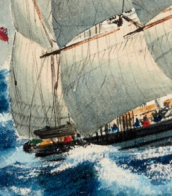
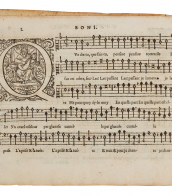
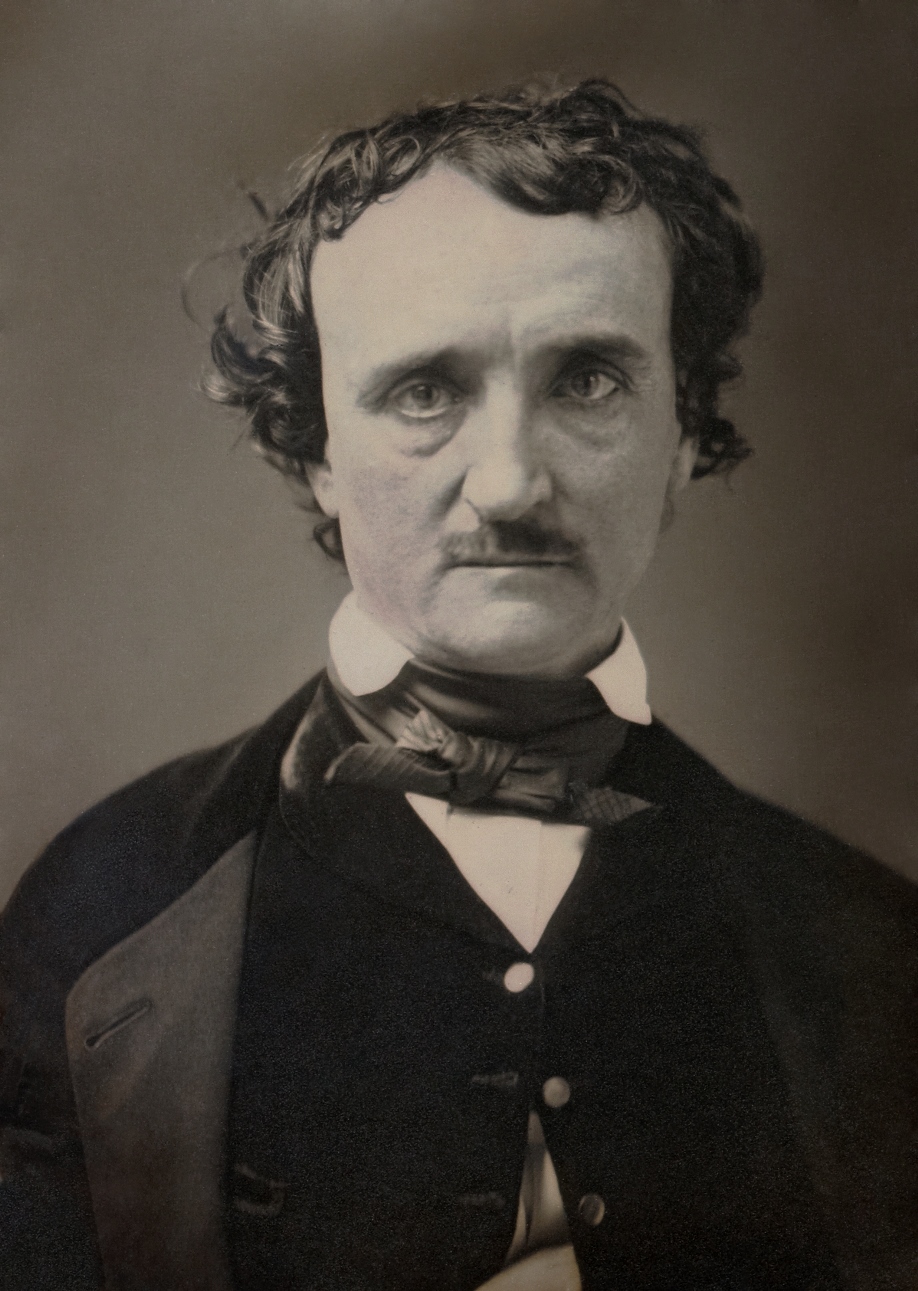
Edgar Allan Poe was an American writer and poet, editor and critic who created a form of classical detective fiction in an atmosphere of mystery and horror.
In prose, Allan Poe wrote mostly short stories. His novella The Murders in the Rue Morgue (1841) initiated the modern detective story, and his poem The Raven (1845) is among the most famous in American literature. Romanticism of the first third of the 19th century was shrouded in a fog of Satanism and the occult, which obviously influenced the work of Poe, whose personality was subtle, dualistic, and multifaceted.
Most of Poe's best works are permeated with horror and sorrow, but in life the poet was a pleasant conversationalist with a great sense of humor and a talented orator. All this, coupled with the genius of the writer-narrator provided him with a prominent place among the world-famous writers. Edgar Allan Poe revolutionized the horror genre. He was one of the first to bring deep, visceral, psychological horror into literature. In his stories, the true monster often turned out to be the capacity for evil that lurks within every human being.

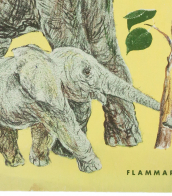
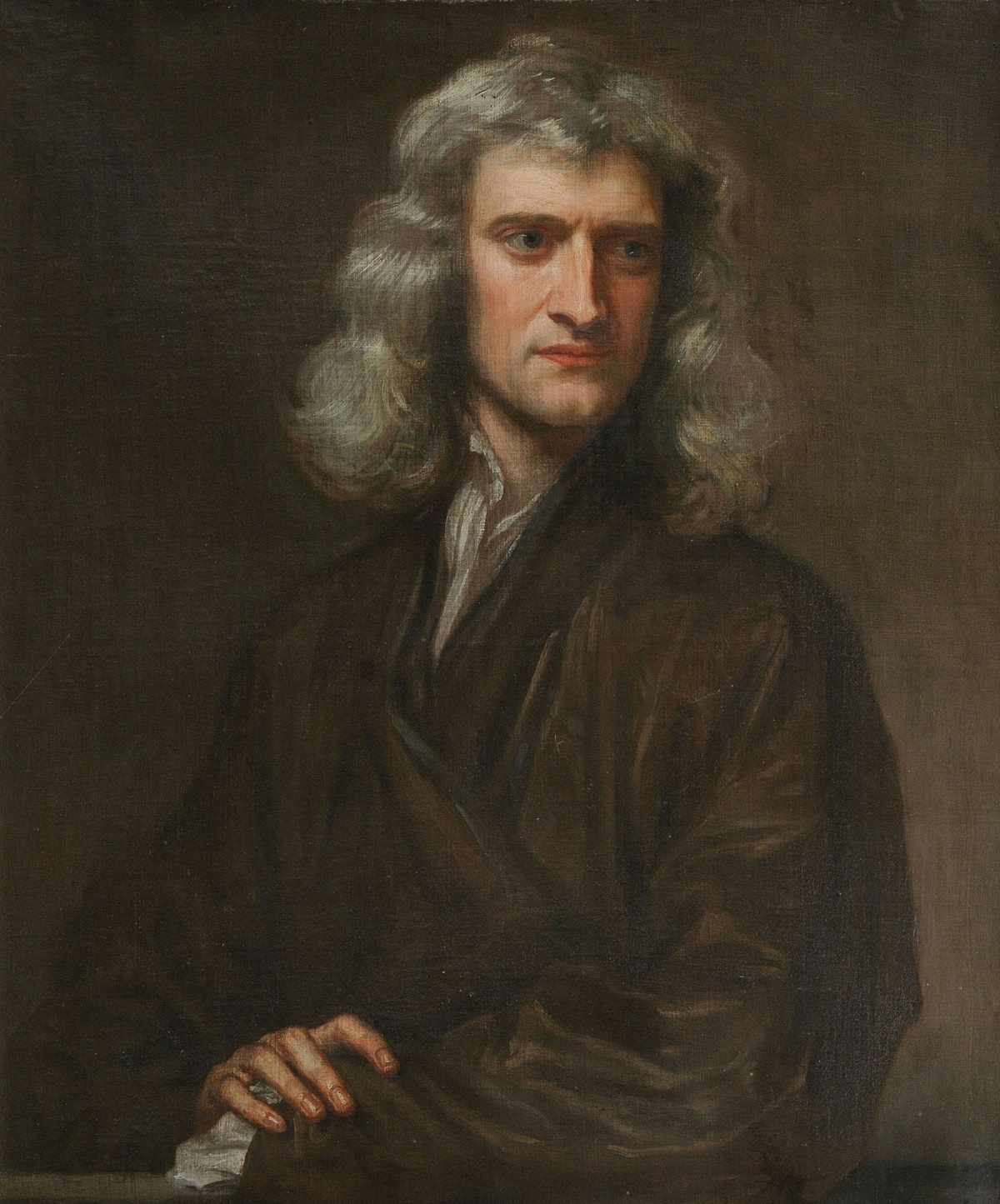
Isaac Newton was an English mathematician, physicist, astronomer, alchemist, theologian, and author (described in his time as a "natural philosopher"), widely recognised as one of the greatest mathematicians and physicists and among the most influential scientists of all time. He was a key figure in the philosophical revolution known as the Enlightenment. His book Philosophiæ Naturalis Principia Mathematica (Mathematical Principles of Natural Philosophy), first published in 1687, established classical mechanics. Newton also made seminal contributions to optics, and shares credit with German mathematician Gottfried Wilhelm Leibniz for developing infinitesimal calculus.
In the Principia, Newton formulated the laws of motion and universal gravitation that formed the dominant scientific viewpoint until it was superseded by the theory of relativity. Newton used his mathematical description of gravity to derive Kepler's laws of planetary motion, account for tides, the trajectories of comets, the precession of the equinoxes and other phenomena, eradicating doubt about the Solar System's heliocentricity. He demonstrated that the motion of objects on Earth and celestial bodies could be accounted for by the same principles. Newton's inference that the Earth is an oblate spheroid was later confirmed by the geodetic measurements of Maupertuis, La Condamine, and others, convincing most European scientists of the superiority of Newtonian mechanics over earlier systems.
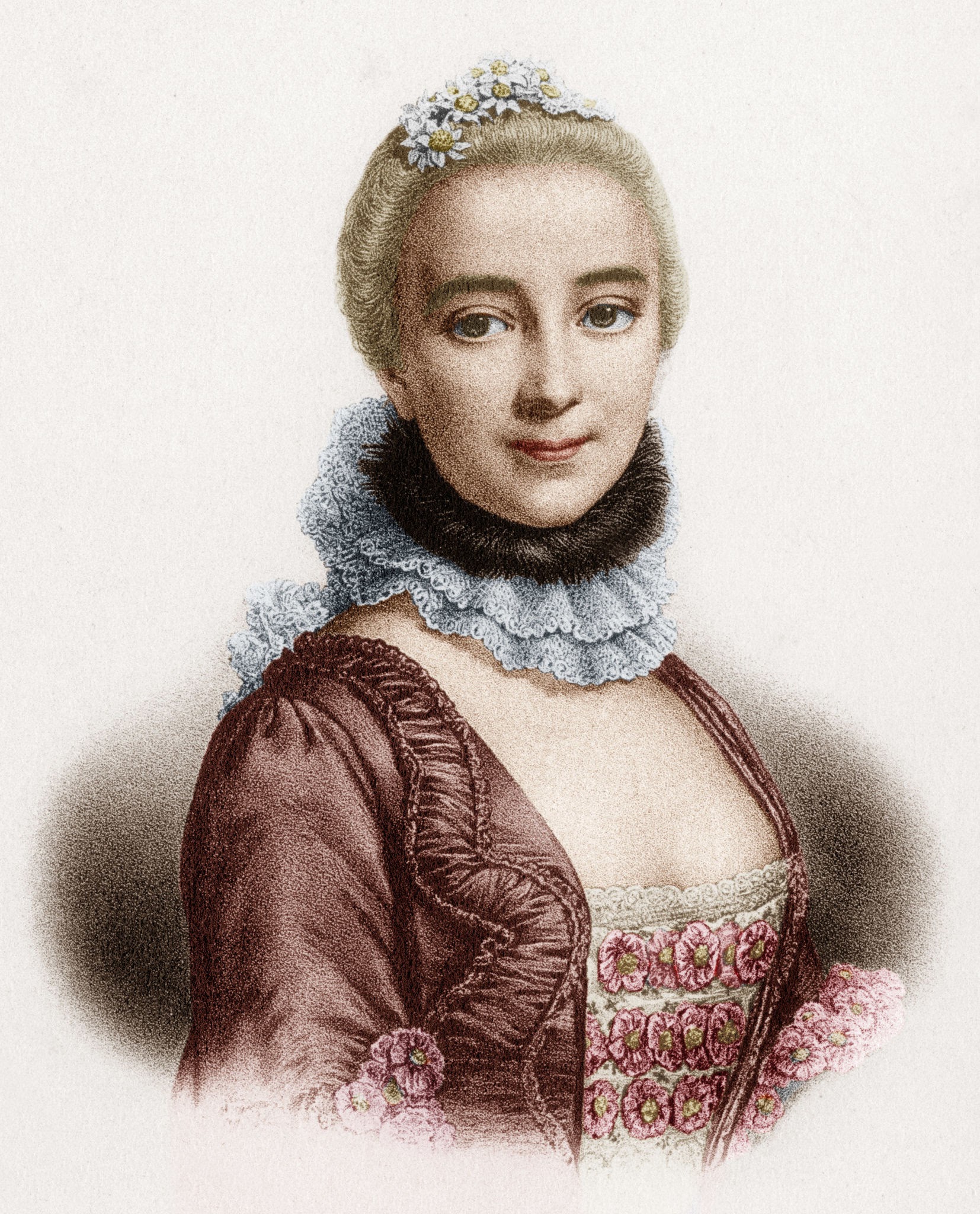
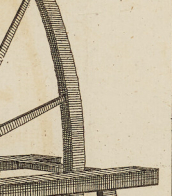
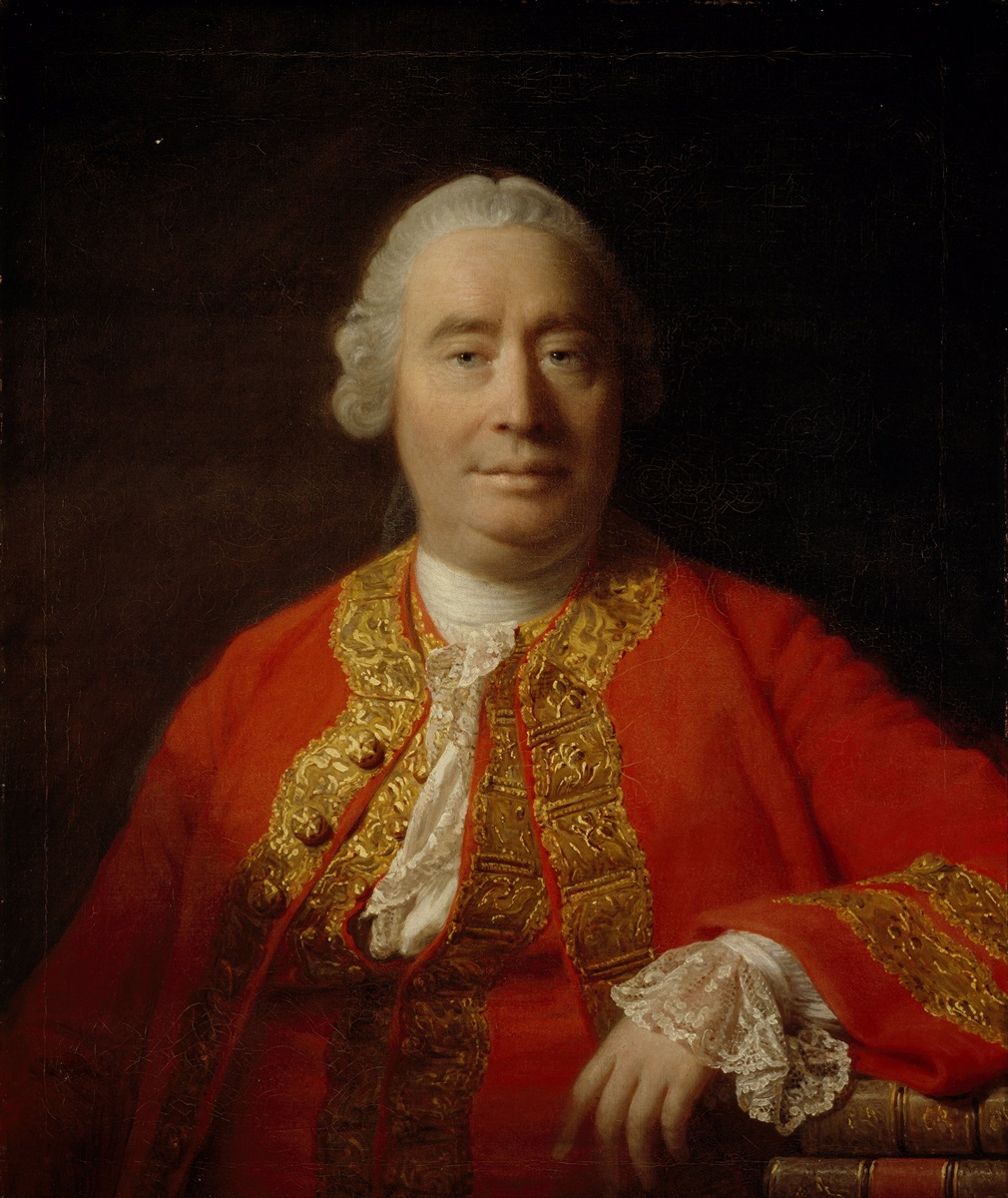
David Hume, birth name David Home, was an 18th-century Scottish Enlightenment philosopher, historian, economist, librarian, and essayist.
He is best known for his philosophical empiricism and skepticism. Hume saw philosophy as an inductive, experimental science of human nature. Taking as his model the scientific method of the English physicist Isaac Newton and drawing on the epistemology of the English philosopher John Locke, Hume tried to describe how reason works in obtaining what is called knowledge. He concluded that no theory of reality is possible; there can be no knowledge of anything beyond experience. Despite the enduring influence of his theory of knowledge, Hume seems to have considered himself primarily a moralist.
Hume was one of the particularly significant figures of his century--as a writer, historian, economist, and philosopher he made great strides forward and his achievements are still highly valued in human culture today.

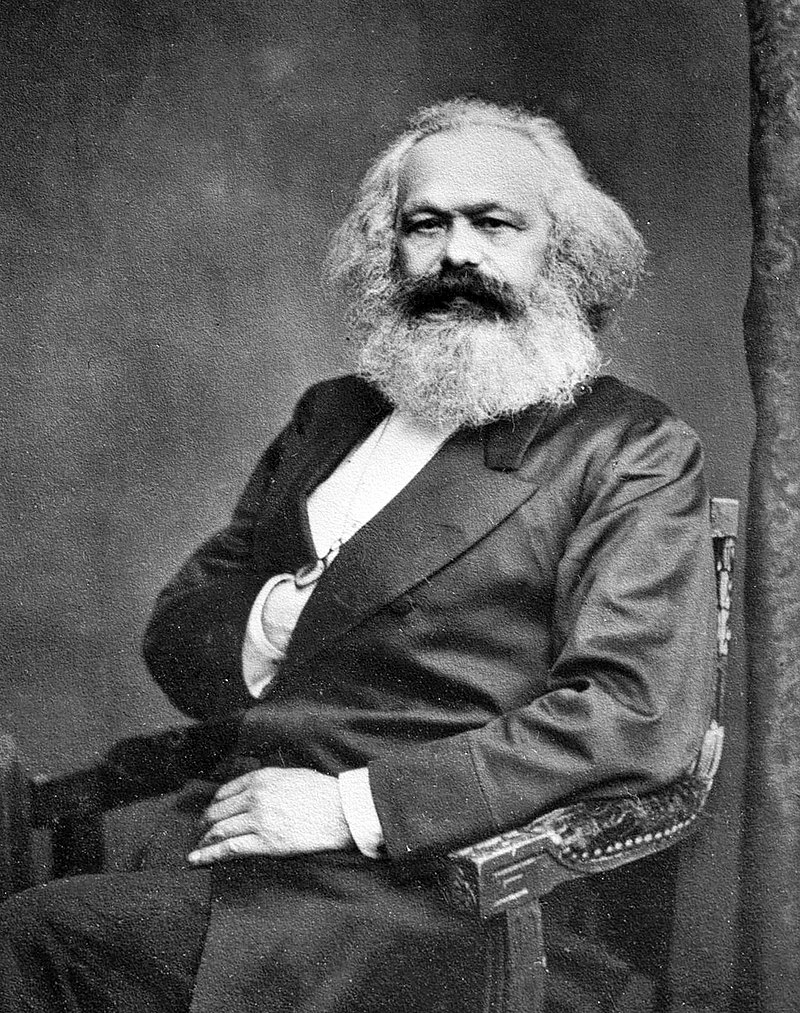
Karl Marx, full name Karl Heinrich Marx, was a German philosopher, sociologist, historian and economist, social activist, and journalist. One of the most significant political figures in the world, his works have had a great influence on the course of human history.
Karl Heinrich Marx was born into a large Jewish family of rabbinic dynasty, but his father and Karl himself were baptized. The young Karl received a liberal arts education at the University of Bonn and the University of Berlin and was actively involved in the turbulent political life of Germany and France in the 19th century. For his political activities in 1849 he was expelled from Germany, moved with his family to Paris and then to London, where he lived and worked until the end of his life.
In 1844 he met the German socialist Friedrich Engels, who became his friend and collaborator for the rest of his life. Together they had already published the Manifesto of the Communist Party (1848), the most famous pamphlet in the history of the socialist movement. Karl Marx was also the author of the movement's most important book, Das Kapital (Capital). These and other writings of Marx and Engels formed the basis of the system of views and beliefs known as Marxism.
Marx examined the very different versions of socialism that existed in the early nineteenth century and combined them into a doctrine that remained the dominant version of socialism for half a century after his death. His emphasis on the influence of economic structure on historical development was of enduring importance.




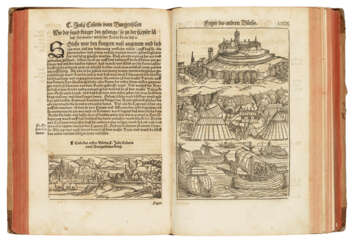

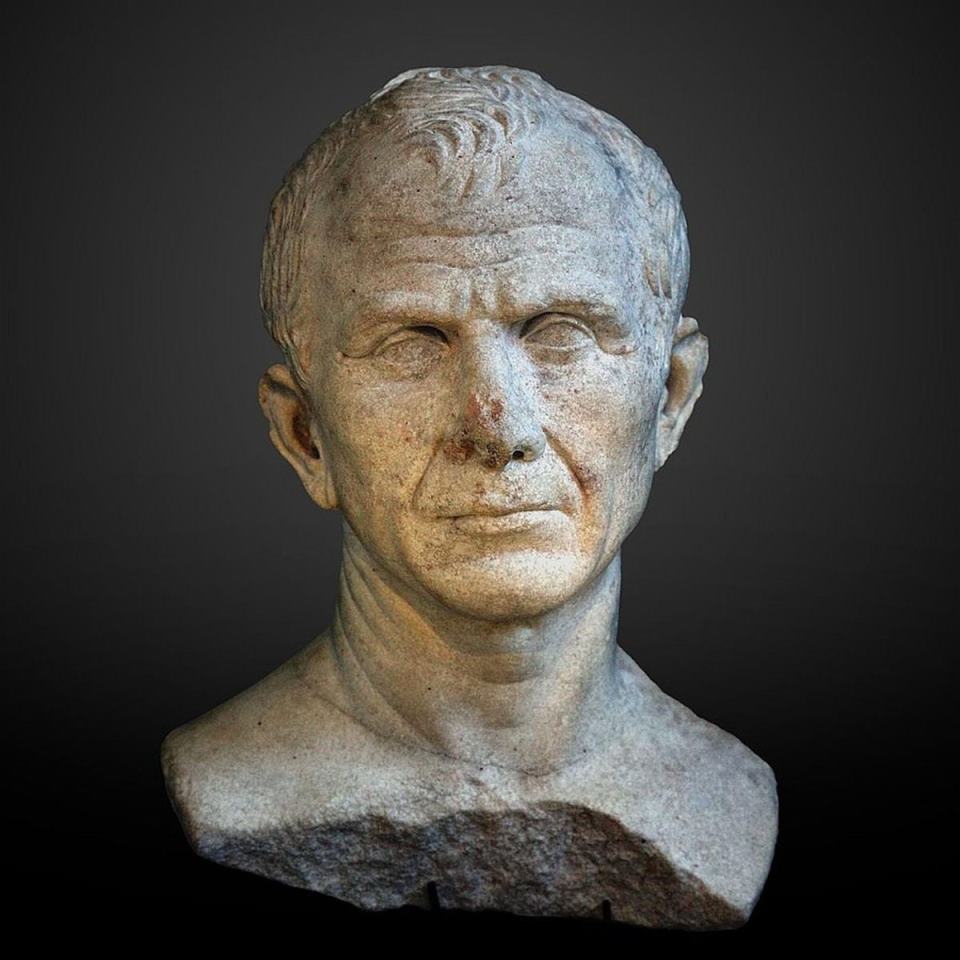

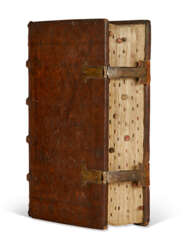

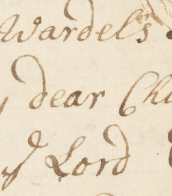
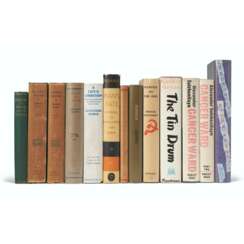

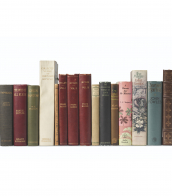
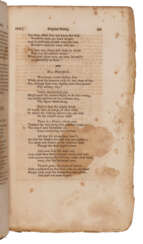





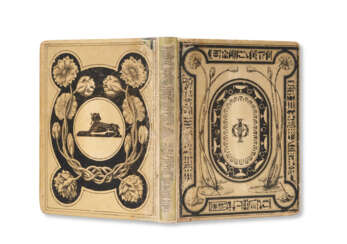




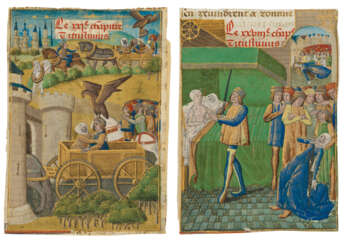



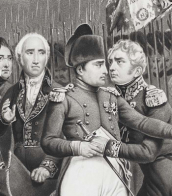
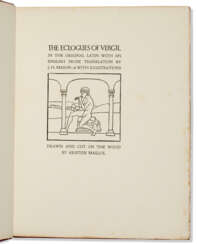

![Georgicks [Bucolicks], translated by John Martyn, 1741-49, 2 vols, colour-printed botanical plates](/assets/image/picture_3102534/1566c/93ld1rooo8m-6xxc1p6kj5b8mzysjwlyj1jgwhjvkpygyo25rfhrdmw4rftj0zxu1694082220jpg__fix_374_244.jpeg)
![Georgicks [Bucolicks], translated by John Martyn, 1741-49, 2 vols, colour-printed botanical plates](https://veryimportantlot.com/assets/image/picture_3102534/1566c/93ld1rooo8m-6xxc1p6kj5b8mzysjwlyj1jgwhjvkpygyo25rfhrdmw4rftj0zxu1694082220jpg__fix_374_244.jpeg)



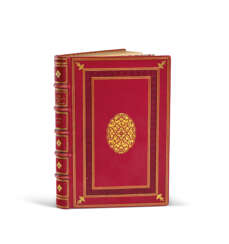

![[HOUTMAN, Cornelis de (1565-1599)] – [LANGHENEZ, Bernardt, Dutch publisher] – LOEW, Conrad, translator.](/assets/image/picture_1586284/77b77/95b84e5a50a615d93a41db5f96ba9fa71626213600jpg__fix_374_244.jpeg)
![[HOUTMAN, Cornelis de (1565-1599)] – [LANGHENEZ, Bernardt, Dutch publisher] – LOEW, Conrad, translator.](https://veryimportantlot.com/assets/image/picture_1586284/77b77/95b84e5a50a615d93a41db5f96ba9fa71626213600jpg__fix_374_244.jpeg)
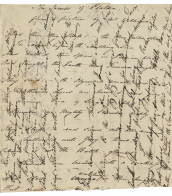


![[Толстой, Л.Н. Анна Каренина: в 2 т]. Tolstoy, L. Anna Karenin: [in 2 v.] / by Leo Tolstoy; translated by Constance Garnett.](/assets/image/picture_1793598/7344f/f2exv6lruhunazagllyml9mp2zwhk3sizyarl8dpgc-jdmctkkvpl-lxv-nbvtl1635871025jpg__fix_374_244.jpeg)
![[Толстой, Л.Н. Анна Каренина: в 2 т]. Tolstoy, L. Anna Karenin: [in 2 v.] / by Leo Tolstoy; translated by Constance Garnett.](https://veryimportantlot.com/assets/image/picture_1793598/7344f/f2exv6lruhunazagllyml9mp2zwhk3sizyarl8dpgc-jdmctkkvpl-lxv-nbvtl1635871025jpg__fix_374_244.jpeg)
